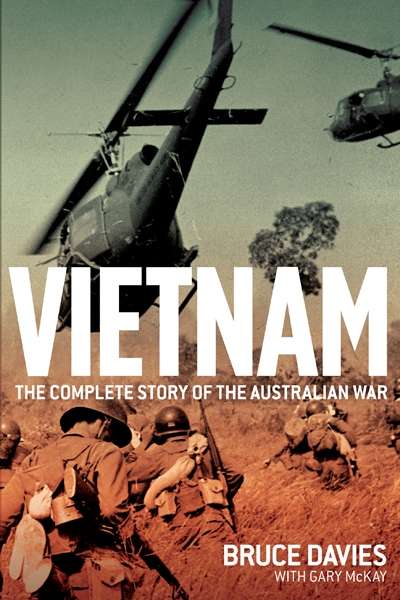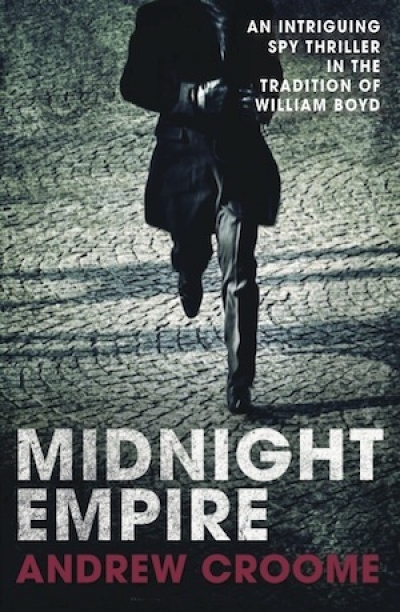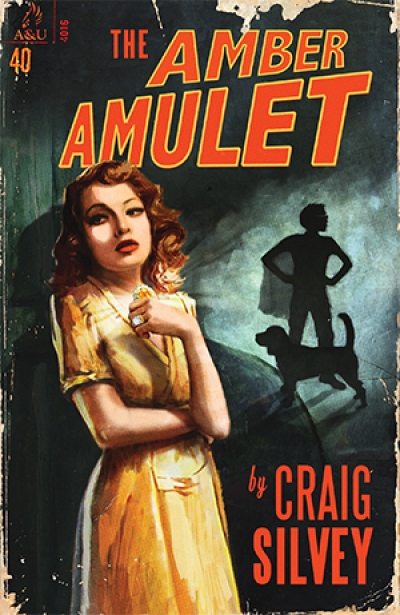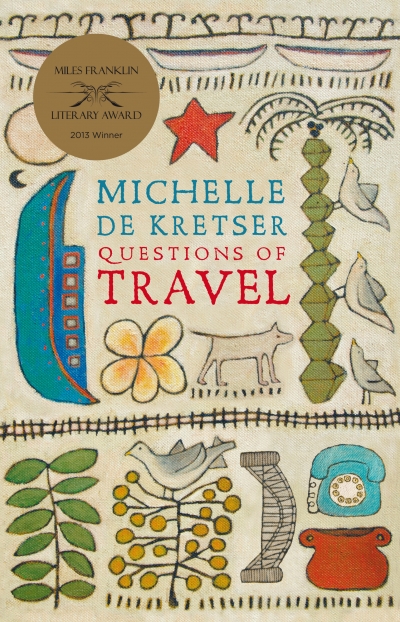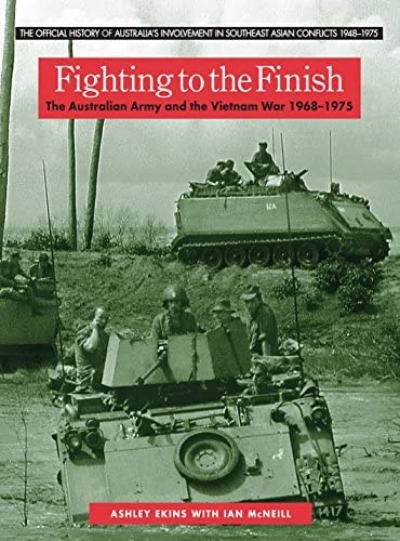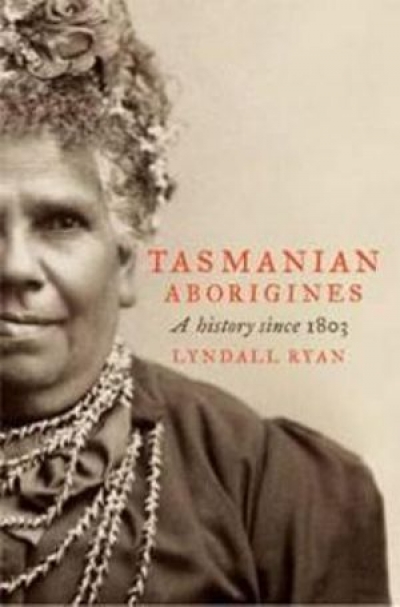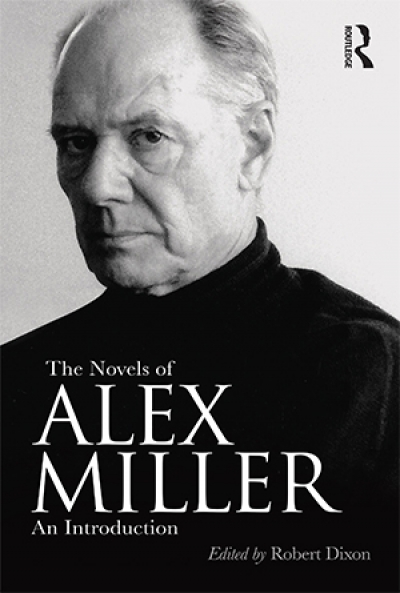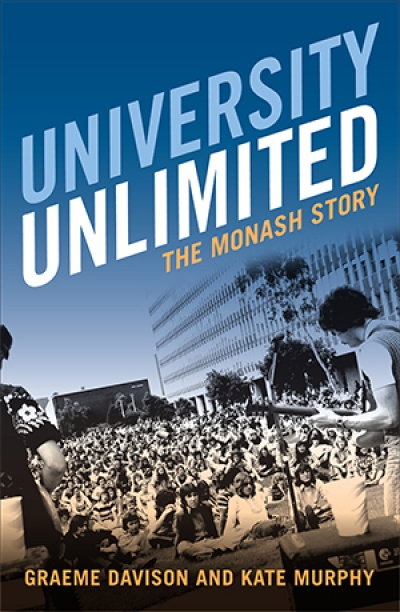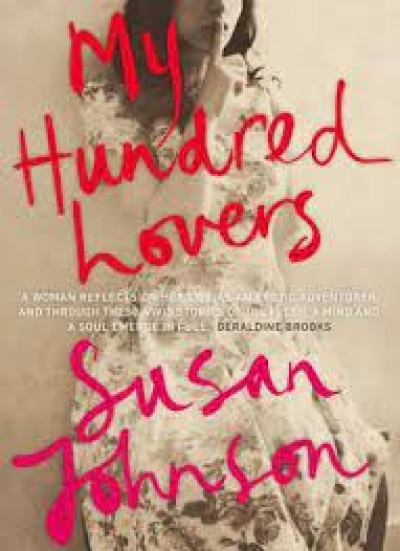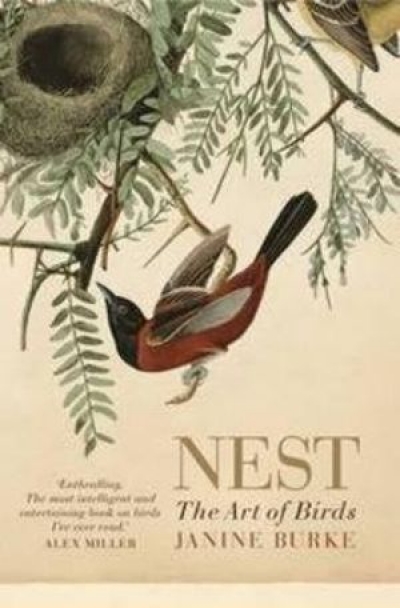Allen & Unwin
Vietnam: The Complete Story of the Australian War by Bruce Davies with Gary McKay
by Peter Edwards •
The Amber Amulet by Craig Silvey & Word Hunters: The Curious Dictionary by Nick Earls and Terry Whidborne
by Sophie Splatt •
Fighting to the Finish: The Australian Army and the Vietnam War 1968–1975 by Ashley Ekins, with Ian McNeill
by Greg Lockhart •
Tasmanian Aborigines: A History Since 1803 by Lyndall Ryan
by Greg Lehman •
University Unlimited: the Monash Story by Graeme Davison and Kate Murphy
by Brenda Niall •

